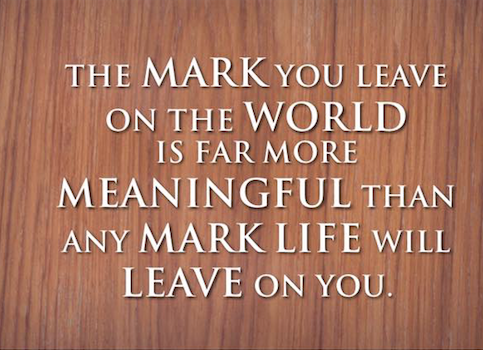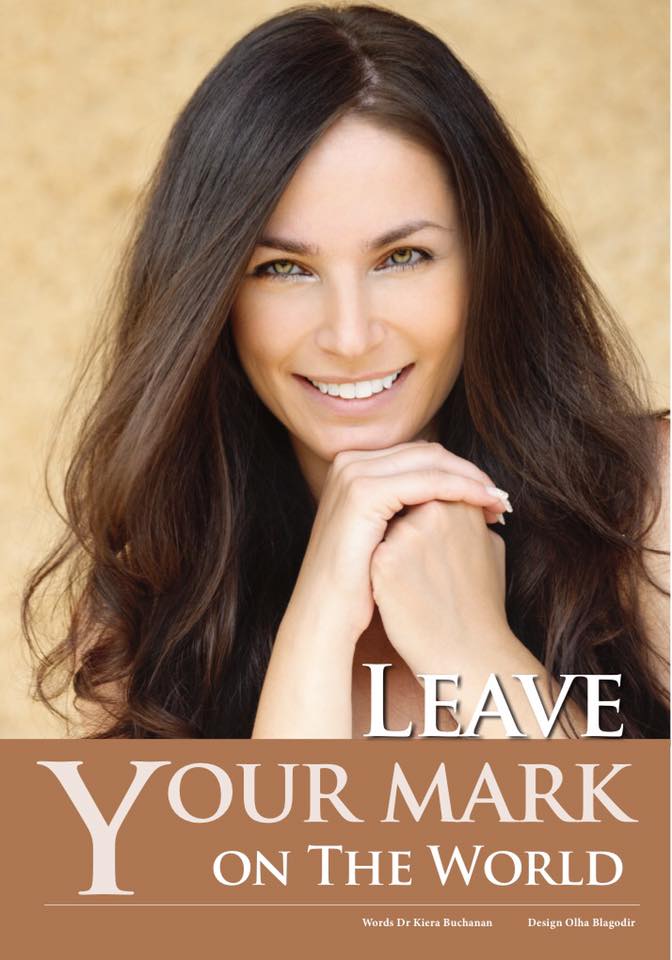Centre for Integrative Health (CFIH) is pleased to have had their first article published in this month’s edition of Good Health Magazine. Over the next 12 months, CFIH will be a monthly contributor to the magazine.
We aspire to utilise this opportunity as a platform from which to increase awareness of eating- and weight- concerns and encourage readers experiencing such concerns to access appropriate treatment and support. Given we aim to advocate for the field beyond our own approach and practice, we welcome any feedback, suggestions and/or contributions from you as our valued colleagues.
I clearly remember my first stretch marks. I was in my early teens when I noticed 2 thick pink stretch marks on my right hip that extended beyond the waistline of my pants. I remember going to my mother to show them to her. I suppose I must have been feeling insecure and in need of some reassurance. I remember however being presented with a bottle of Bio Oil and instructed to massage it into my stretch marks every day.

Given my mother had likely experienced the same body insecurity she now witnessed in her eldest daughter, I presume her intention was to spare me from developing the ‘flaws’ that later become the object of her own body dissatisfaction. Alone with my newly-discovered flaws and this bottle of oil imprinted with words such as “skin elasticity” and “prevention”, my initial insecurity was catastrophized into full-blown terror as I was introduced to a woman’s need to control and/or conceal her body’s imperfections.
Although this memory is recalled easily and vividly (suggesting it was a pivotal time in my formative years), today, my stretch marks couldn’t be further from my awareness. In fact, I was only reminded of this memory through my participation in a recent interview on the topic by the Daily Telegraph. After sharing my professional opinion on the “trend” of cellulite, stretch marks, and other flaws being posted on social media, I later reflected on my personal experience.
I curiously explored the factors I share with those I sit across from in my office on a daily basis which predispose me to the same insecurities I help others with. I contemplated the factors which buffer these predisposing factors and allow to be at peace with my body in a society which discourages me from doing so. Finally, I gave some thought to the response that the 14-year old version of myself needed to hear in such a vulnerable time in my life.
If I could go back in time and respond to that insecure young girl, I would envelop her in a warm embrace and tenderly tell her this:
“Dear girl, those marks you’ve discovered are called ‘stretchmarks’. They’re a very normal part of growing. In fact, most of your friends going through puberty with you also have them. Despite what you’re about to be taught by the world, there’s no way of stopping them or getting rid of them, nor is there any reason to. The mark you leave on the world is far more meaningful than any mark life will ever leave on you. Worrying about such blemishes will not change them, it will only make them a much bigger part of how you define yourself, all the while, distracting you from your true value”.
Now, as a psychologist working in the field of eating disorders and body-image concerns, I encourage other women to do just that: to find a purpose beyond their weight on the scales or reflection in the mirror.
Contrary to what the weight-loss and diet industries will have us believe, we have little control over our appearance. We do however, have control over what we focus on and how we choose to define ourselves. So, to you as the reader, I challenge you to consider: what impact could you have on the world if you invested the time, effort, and resources currently wasted on your appearance?
Dr. Kiera Buchanan is a Clinical Psychologist and a Health Psychologist as well as the Director of Centre for Integrative Health. Kiera is on the Executive Committee of the Qld Eating Disorders Advisory Group as well as the Australian and New Zealand Academy (ANZAED) for Eating Disorders. Kiera has published papers as well as delivered workshops and conference presentations on the topics of dieting, eating behaviour, weight management, and self-compassion.


